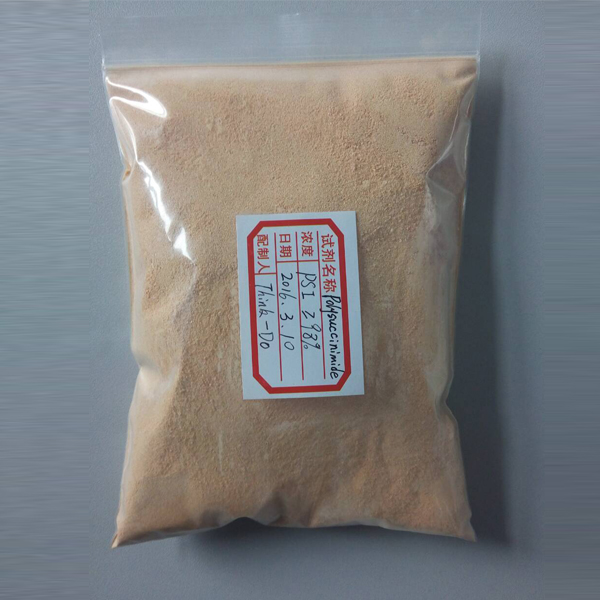
News
Jul . 23, 2024 14:33 Back to list
Understanding the Benefits of EDTA Chelated Micronutrients for Enhanced Plant Growth and Health
The Importance of EDTA Chelated Micronutrients in Agriculture
Micronutrients are essential elements required by plants in minute amounts for their growth and development. While macronutrients like nitrogen, phosphorus, and potassium often receive greater attention, micronutrients such as iron, zinc, copper, and manganese are equally crucial for optimal plant health. One of the most effective methods for enhancing the availability of these micronutrients to plants is through the use of EDTA (ethylenediaminetetraacetic acid) chelated micronutrients.
Understanding EDTA Chelation
Chelation is a chemical process that involves the binding of a metal ion to a larger organic molecule, forming a ring-like structure. EDTA is a synthetic chelating agent that effectively captures metal ions, preventing them from forming insoluble compounds in the soil. This solubility ensures that plants can readily absorb these vital nutrients through their roots.
The use of EDTA chelated micronutrients addresses one of the most significant challenges in agriculture micronutrient deficiency. Many soils, especially those that are alkaline or acidic, can bind micronutrients tightly, making them unavailable for plant uptake. By using EDTA chelated forms of these nutrients, farmers and gardeners can significantly improve nutrient bioavailability, leading to healthier plant growth and higher yields.
Benefits of EDTA Chelated Micronutrients
1. Increased Nutrient Availability One of the primary advantages of using EDTA chelated micronutrients is the enhanced availability of these essential elements. The chelation process protects metallic ions from precipitation or sorption in the soil, allowing plants to access them more easily.
2. Improved Plant Health Micronutrients play critical roles in various physiological processes, including photosynthesis, enzyme function, and chlorophyll production. By ensuring that plants receive adequate levels of these nutrients, growers can enhance plant vigor, improve resistance to diseases, and achieve better crop quality.
edta chelated micronutrients

3. Sustainable Agricultural Practices The application of EDTA chelated micronutrients can contribute to more sustainable farming practices. By optimizing nutrient availability, farmers can reduce the need for excessive fertilizer applications, which can lead to environmental issues such as nutrient runoff and soil degradation.
4. Versatile Application Methods EDTA chelated micronutrients can be applied through various methods, including foliar sprays, soil amendments, and fertigation. This versatility allows farmers to choose the best approach for their specific crop needs and soil conditions.
5. Targeted Nutrient Management With the use of EDTA chelated products, farmers can conduct soil tests to identify specific micronutrient deficiencies. This targeted approach enables them to apply the correct amount of the necessary nutrient, minimizing waste and maximizing efficacy.
Challenges and Considerations
While EDTA chelated micronutrients offer many benefits, there are also considerations to keep in mind. The long-term use of synthetic chelating agents like EDTA can raise concerns about soil ecology and the potential for chemical buildup. As such, it is essential for growers to integrate these practices into a holistic soil management strategy and monitor the long-term health of their soil.
Additionally, it is crucial to apply these chelated nutrients according to the specific needs of the crops being grown. Over-application can lead to nutrient imbalances and may have adverse effects on plant health.
Conclusion
In conclusion, EDTA chelated micronutrients play a vital role in modern agriculture by enhancing the availability of essential trace elements for plants. Their use not only promotes plant health and productivity but also supports sustainable farming practices. As agricultural research continues to evolve, the integration of chelated micronutrient products will likely become increasingly important in addressing global food security challenges. Understanding and effectively leveraging these products will be key to cultivating healthier crops in the years to come.
-
Polyaspartic Acid Salts in Agricultural Fertilizers: A Sustainable Solution
NewsJul.21,2025
-
OEM Chelating Agent Preservative Supplier & Manufacturer High-Quality Customized Solutions
NewsJul.08,2025
-
OEM Potassium Chelating Agent Manufacturer - Custom Potassium Oxalate & Citrate Solutions
NewsJul.08,2025
-
OEM Pentasodium DTPA Chelating Agent Supplier & Manufacturer High Purity & Cost-Effective Solutions
NewsJul.08,2025
-
High-Efficiency Chelated Trace Elements Fertilizer Bulk Supplier & Manufacturer Quotes
NewsJul.07,2025
-
High Quality K Formation for a Chelating Agent – Reliable Manufacturer & Supplier
NewsJul.07,2025
